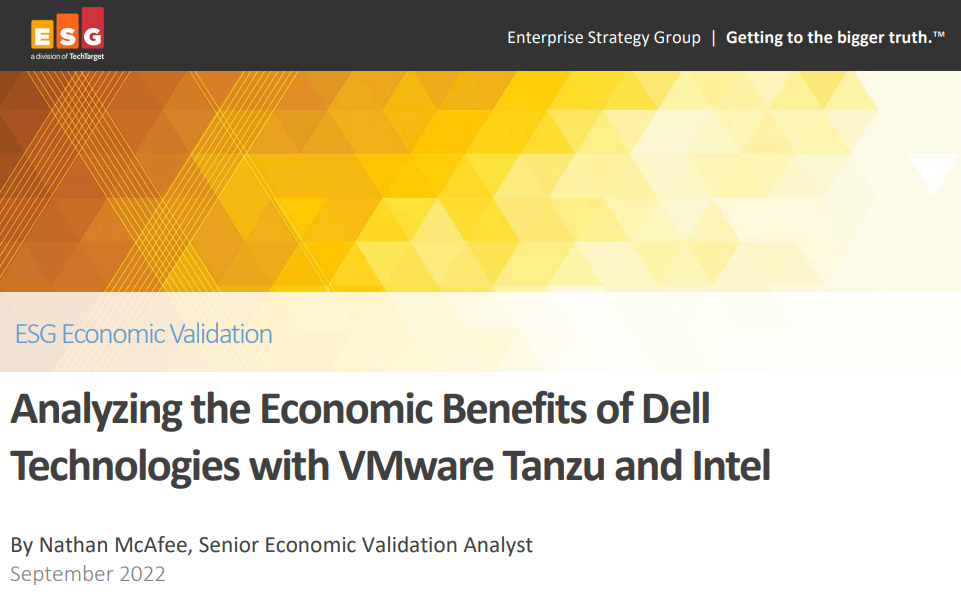How CIOs can build the perfect team around them
Best practices to ensure you can attract, maintain and develop the skills your business demands


One of the toughest challenges facing CIOs is how to build great internal capability when talent is so hard to come by. Experienced digital and data workers are some of the most highly-prized professionals in business, while IT skills are in a continual state of development and evolution.
So, what are the best-practice techniques CIOs can use to ensure they have a capable, productive and happy IT team? Experienced IT leaders suggest a range of factors - such as innovative programmes of work, continual staff development and effective business engagement - are crucial to creating an IT team that's great for today and tomorrow.
Before joining financial data firm Experian as global CIO in June 2015, Barry Libenson was CIO of US retail giant Safeway, food production specialist Land O'Lakes and manufacturing firm Ingersoll Rand. Even further back, Libenson was employee number 190 at Oracle. Libenson recognises there have been significant changes in the labour market during his extensive IT career.
"When I got out of college a very long time ago, your value was based on how many different programming languages you knew and how good you were with the limited number of hardware platforms that existed," he explains. "Today, people write software very differently from the way they wrote it 30 years ago. Now, it's more about assembling building blocks."
Libenson says the key to developing a happy and productive workforce in this new digital age is about creating interesting programmes of work. The IT team at Experian is working across a range of areas, including open source, containers, big data and application programming interfaces (APIs).
Experian's IT team is developing an API strategy to aid those finance clients who want to make use of the firm's data insight. The IT team started rolling out API management platform Apigee 18 months ago. Since implementation, API calls going through Apigee have risen from zero to more than 30 million each month, with that total doubling every six months.
"Ideally, 12 months from now, I'll confirm we're pushing a billion transactions a year through Apigee on the API hub because more and more customers are using micro services and API entry points. A year from now, I'd love us to have increased our ability to ingest data around the world," he says.
Get the ITPro daily newsletter
Sign up today and you will receive a free copy of our Future Focus 2025 report - the leading guidance on AI, cybersecurity and other IT challenges as per 700+ senior executives
Like Libenson, Chris Ashworth - CIO at delivery specialist Hermes - says interesting projects help to foster a happy workforce. While attracting capability is tough, Ashworth is always on the lookout for talented IT professionals who can help his team to develop new services for the firm's retail clients.
"We want more in-house talent - technology is absolutely core to what we want to do," says Ashworth. "Our clients want to work with us because we're innovative. Having that spirit within our company is crucial. We want to speak with any candidate who's got energy, who wants to make a difference and who wants to be well rewarded for doing a great job."
Ashworth says he expects talented and productive staff to help his team push developments in fast-emerging areas of technology. "We're doing some interesting stuff around customer experience right now. We're working on something called Digital Futures, where we're trying to create really good diversion and tracking processes for our clients," he says.
The returns process is too complicated in the retail industry, says Ashworth - and that's one of the areas where he hopes talented IT professionals will help his firm innovate. "We're trying to create a digital approach where it's like a parcel is on a piece of elastic - if you don't want that parcel, you can return it in with three clicks," he says.
While the best workers will respond to the challenges of creating innovative solutions to intractable business challenges, it's also crucial that CIOs give IT professionals the confidence to believe they can really change the business for the better. Research suggests as many as three-quarters of non-IT executives believe tech is the biggest driver of business success.
Julie Dodd, director of digital transformation and communication at Parkinson's UK, says continual staff development is one of the key mechanisms for creating a happy and productive team. She says the focus on training is also about offering opportunities for people to develop and grow in their careers.
"We're still working on structures to support this idea, but we're increasingly giving key teams the chance to step out of the day job - whether that be to take part in lean sprint projects, or sending them to events that broaden their horizons and knowledge," says Dodd, who believes IT workers are more productive when they work closely with colleagues across the business.
Dodd and her executive peers continue to work to boost productivity. Parkinson's UK ran a sprint process last year looking at how it could better improve collaboration across teams in the charity. That process led us to some very practical changes that Dodd and her team are implementing right now.
"We're moving to G Suite as our core toolset, and improving video conferencing through a combination of Google Hangouts and Zoom. Those kinds of things, which remove little everyday hurdles for our people, go a long way to keeping everyone engaged," she says.
It's this idea of maintaining engagement that should ultimately form the backbone of any IT strategy, although the specific industry or sector your business operates in can foster this on its own - such as charities or public sector.
Charles Ewen is another IT leader who takes a collaborative approach to technology development. As CIO at the Met Office, Ewen is accountable for all aspects of technology within the agency. He manages a dedicated engineering team of 350 people and the organisation's assets, including world-leading supercomputers.
As well as delivering capability for the UK, such as the Public Weather Media Service, the Met Office is a Trading Fund within the Department for Business, Energy and Industrial Strategy (BEIS), operating on a commercial basis with set targets. Ewen says this interesting blend of public and private helps keep staff happy and productive.
"I've never worked with such a committed organisation," he says. "I think that's something to be said across the whole public sector, frankly. You have a cohort of people who are trying to do big things and generate value for citizens."

Mark Samuels is a freelance writer specializing in business and technology. For the past two decades, he has produced extensive work on subjects such as the adoption of technology by C-suite executives.
At ITPro, Mark has provided long-form content on C-suite strategy, particularly relating to chief information officers (CIOs), as well as digital transformation case studies, and explainers on cloud computing architecture.
Mark has written for publications including Computing, The Guardian, ZDNet, TechRepublic, Times Higher Education, and CIONET.
Before his career in journalism, Mark achieved a BA in geography and MSc in World Space Economy at the University of Birmingham, as well as a PhD in economic geography at the University of Sheffield.
-
 Better together
Better togetherWhitepaper Achieve more with Windows 11 and Surface
By ITPro
-
 Transforming the enterprise
Transforming the enterpriseWhitepaper With Intel and CDW
By ITPro
-
 The top trends in money remittance
The top trends in money remittanceWhitepaper Tackling the key issues shaping the money remittance industry
By ITPro
-
 How Kantar revamped its IT infrastructure after being sold off
How Kantar revamped its IT infrastructure after being sold offCase Study Being acquired by a private equity firm meant Kantar couldn’t rely on its parent company’s infrastructure, and was forced to confront its technical shortcomings
By Rene Millman
-
 Deutsche Bank wraps up Postbank IT integration after bug-laden migrations
Deutsche Bank wraps up Postbank IT integration after bug-laden migrationsNews The IT merger is expected to generate annual savings of €300 million by 2025
By Daniel Todd
-
 Analyzing the economic benefits of Dell Technologies with VMware Tanzu & Intel
Analyzing the economic benefits of Dell Technologies with VMware Tanzu & IntelWhitepaper ESG economic validation
By ITPro
-
 Defra needs £726 million to modernize pervasive legacy IT issues
Defra needs £726 million to modernize pervasive legacy IT issuesNews A significant portion of IT systems are reportedly still in extended support or are fully unsupported
By Ross Kelly
-
 Former TSB CIO fined £81,000 for botched IT migration
Former TSB CIO fined £81,000 for botched IT migrationNews It’s the first penalty imposed on an individual involved in the infamous migration project
By Ross Kelly

